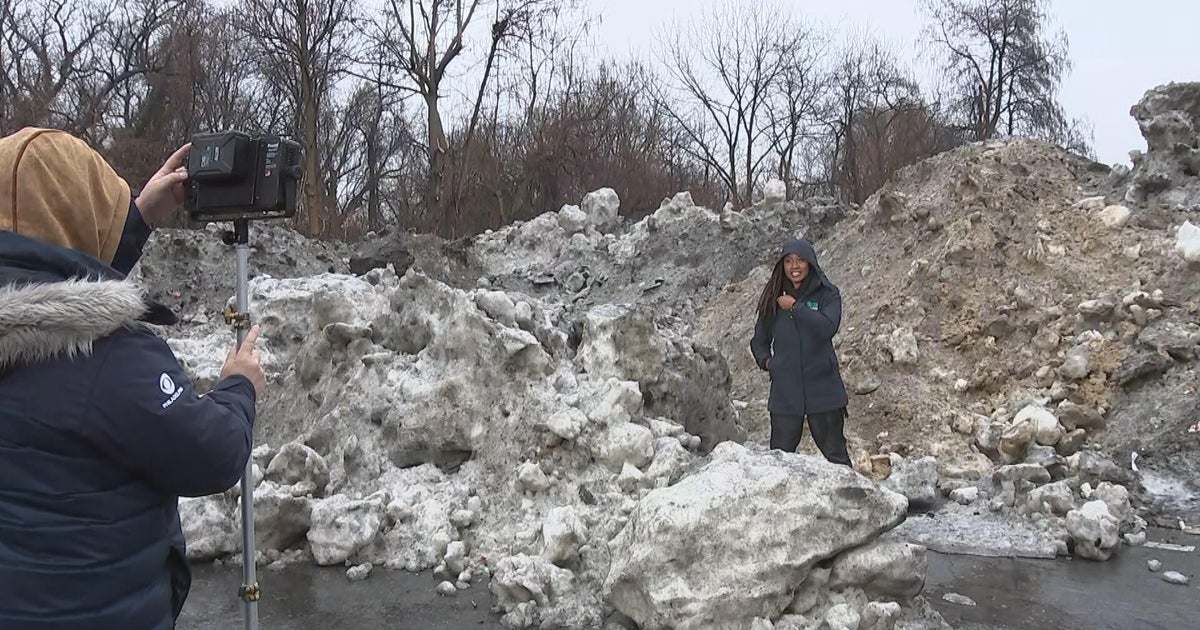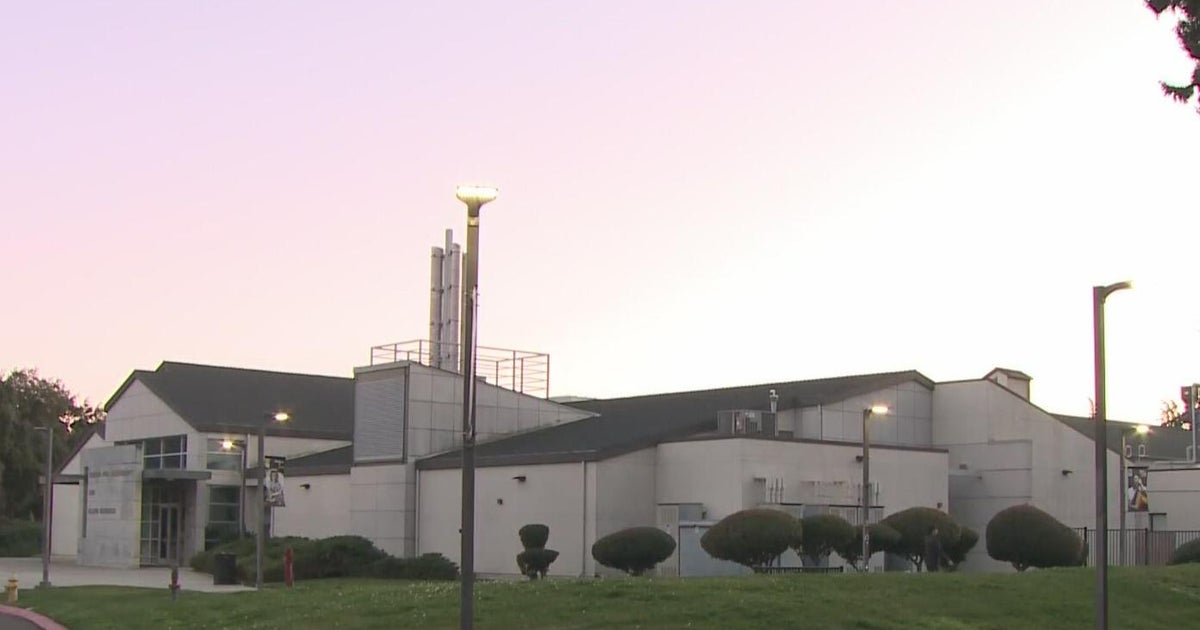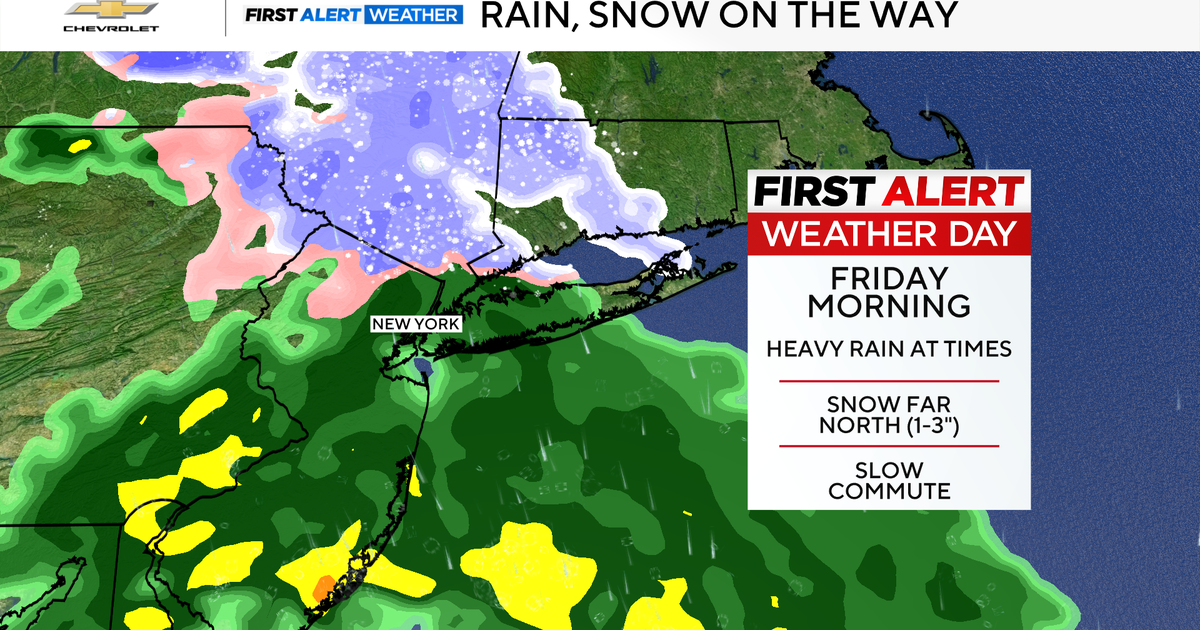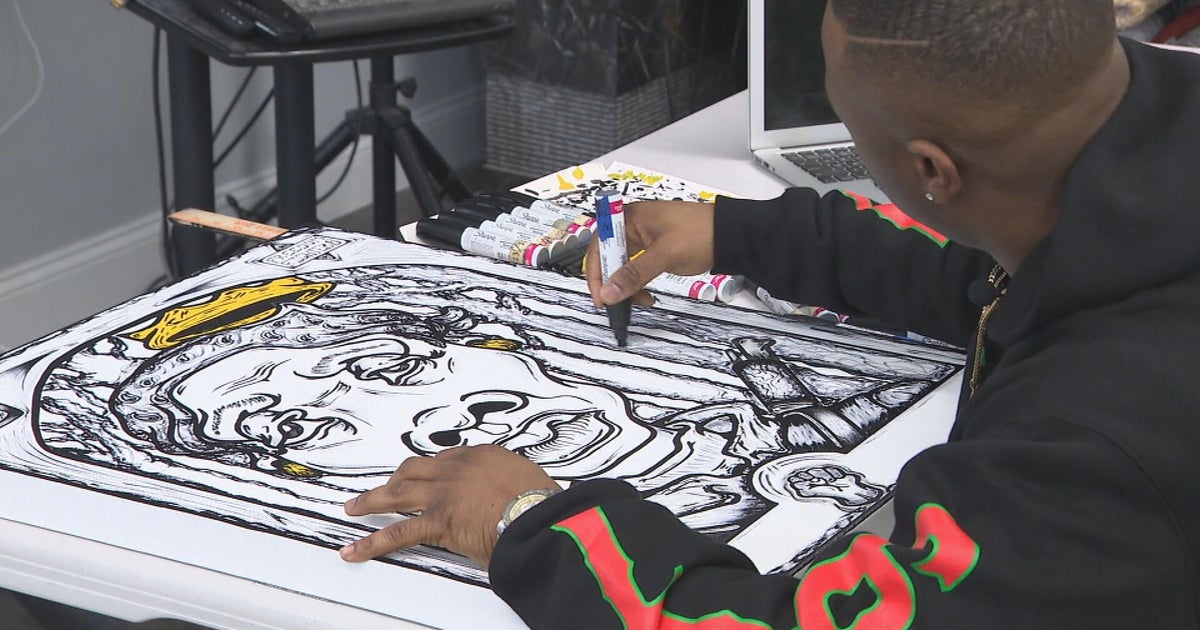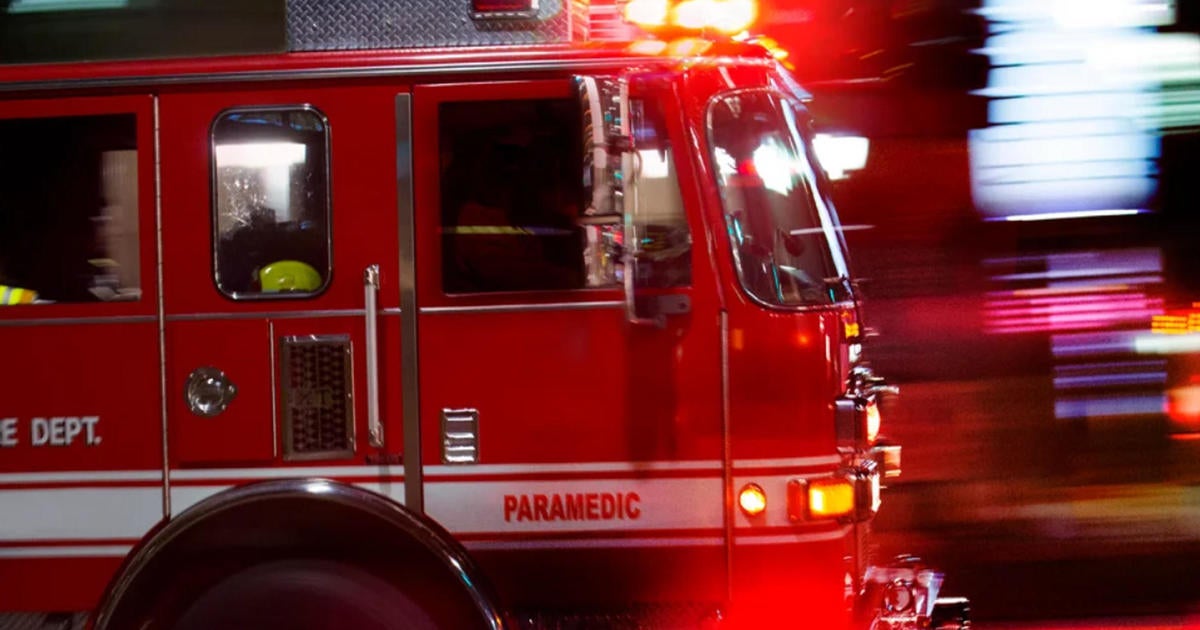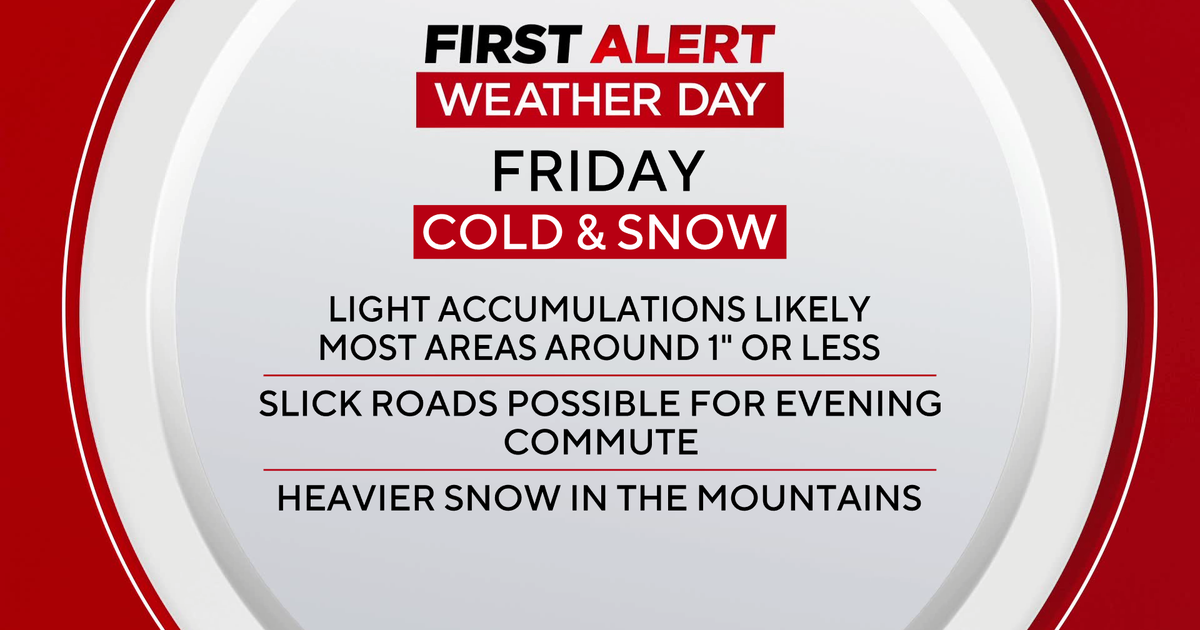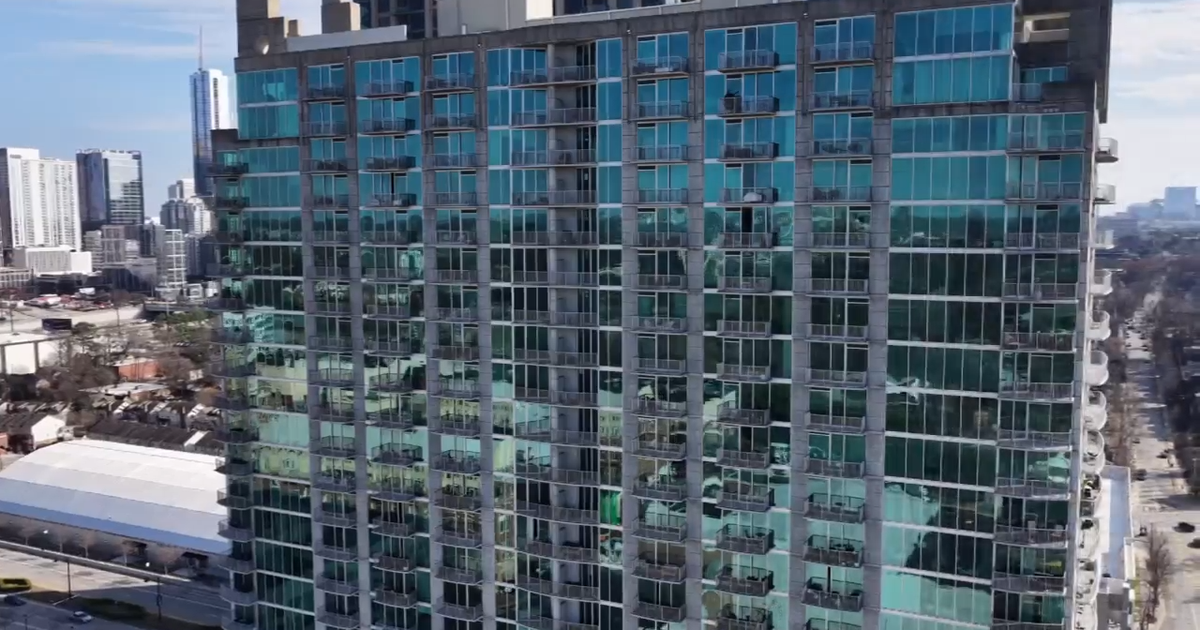"This is definitely a real issue": Extreme weather causing various issues for members in black, brown communities
CHICAGO (CBS) -- In our ever-changing climate, staying cool increasingly becomes a matter of life and death. Above hurricanes, earthquakes, and floods, heat is the deadliest weather hazard we face today.
Over the past decade, as temperatures have continued to rise, a yearly average of around 700 people have died from heat-related injury or illness.
In Chicago, an overwhelming majority of heat-related deaths come from poor black and brown communities.
Miracle Boyd, an organizer with a youth community group, GoodKids MadCity, says the heat only makes existing issues worse.
"[People] are dealing with all these additional health issues. On top of sweating heat and some folks cannot afford to run their ACs all day," said Boyd
Oscar Sanchez of the Southeast Environmental Task Force says that without the necessary infrastructure, the most vulnerable community members stand to suffer the most in the heat.
"These communities don't have access to healthcare, these communities don't even have access to the right medical facilities to deal with these types of things," Sanchez said. "[Illness] can be something that's triggered by the heat, it can be something indirectly from the heat."
While the city has set up cooling shelters, Sanchez says even if his community members wanted to run their air conditioners, they'd have to choose between that and their water pumps.
"One of the things that I think is most important to mention is that it is the day after a storm, a really terrible storm -- a flooding. People don't understand. There was a tornado warning, but this flooding is so terrible. When it comes to communities that I live in, like the southeast side, when it comes to South Chicago, South shore -- we have water pumps running 24/7," said Sanchez.
He says poor communities of color are burdened with more damage and displacement due to the increasingly extreme weather.
"We have these water pumps, but then there's power outages, so we don't talk about that so then we have flooding. We can't pump our water so then there's flooding that's even worse. And now we're dealing with a heat wave, so this really emphasizes that there's a cumulative impact when it comes to being a part of the Black and brown community," said Sanchez
Boyd says the cooling centers don't address the root of the issue.
"[It's] Poverty. A lot of families dealing with poverty this day and age been dealing with this poverty issue this day and age for generations at a time now. So it's like we have families that are malnourished on top of not having AC in their homes— whether the houses are suited in are protected against this [heat] or not, it's not working," Boyd said.
"We have to really say it for how it is, it costs to be poor because the poor when it comes to our health when it comes to our finances. It costs us," Sanchez said.
Cities tend to be hot. The traffic, industry, and asphalt keep cities up to 22 degrees hotter than the surrounding suburbs. But, South and West parts of Chicago experience higher temperatures and flooding. Sanchez says this is in part, due to their lack of trees and greenspaces.
"When it comes to the north side, I mean this community we have trees that provides shelter and it's been proven, with different studies, that their heat wave maps are much less prevalent in those areas. When it was our area and we say we need to plant trees, it's not just for heat it's also for flooding," Sanchez said.
When comparing the city's heat index map to a map of its demographics, the hottest parts of the city correlate almost entirely with predominantly black and brown neighborhoods. and it isn't all due to a lack of trees.
"This is on top of communities dealing with asthma. And our communities being next door to landfills, where trash is being dropped and all this pollution that's happened already. On top of pollution we've got heat," Boyd said. "Climate change, this is what's happening now, and our government doesn't seem to care...but this is definitely a real issue."
Both Boyd and Sanchez say many of their community members are without the resources to adjust to our changing climate change, yet feel the brunt of its impact.
"That's like the most important message here: Families cannot afford to live comfortably whether it's the weather, financially, physical problems, or mental problems dealing with this heat," Boyd said.
